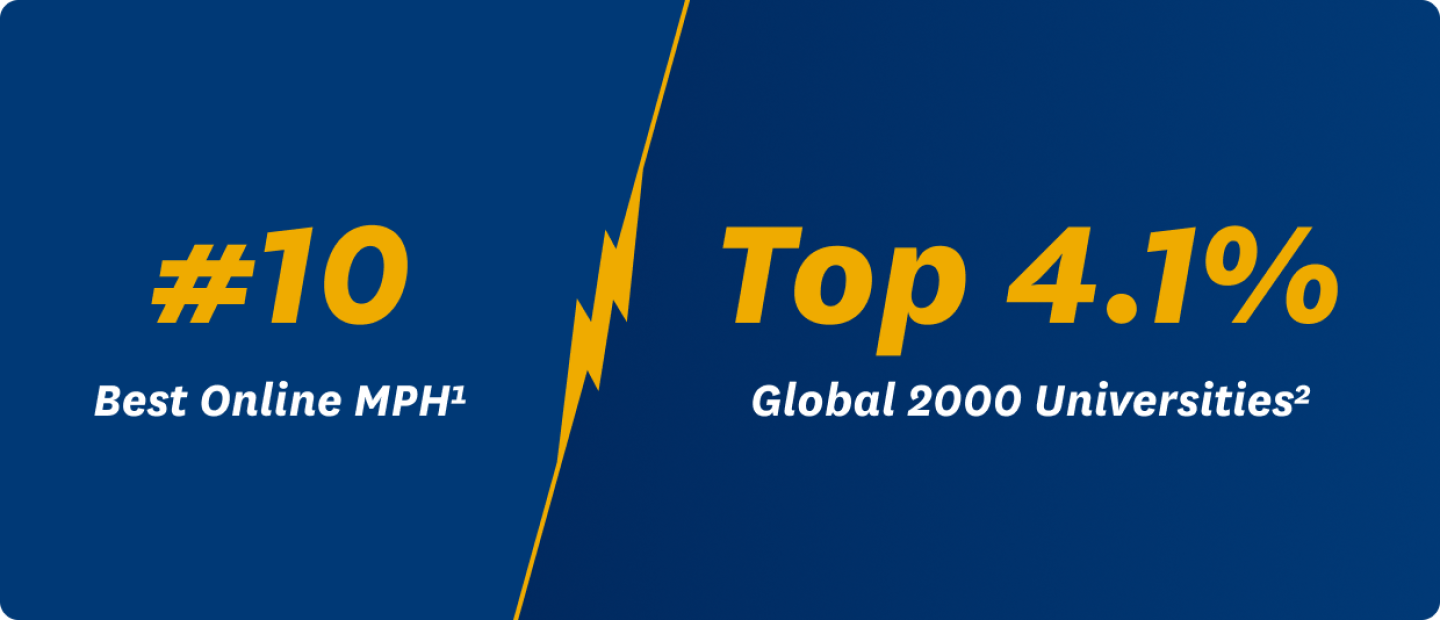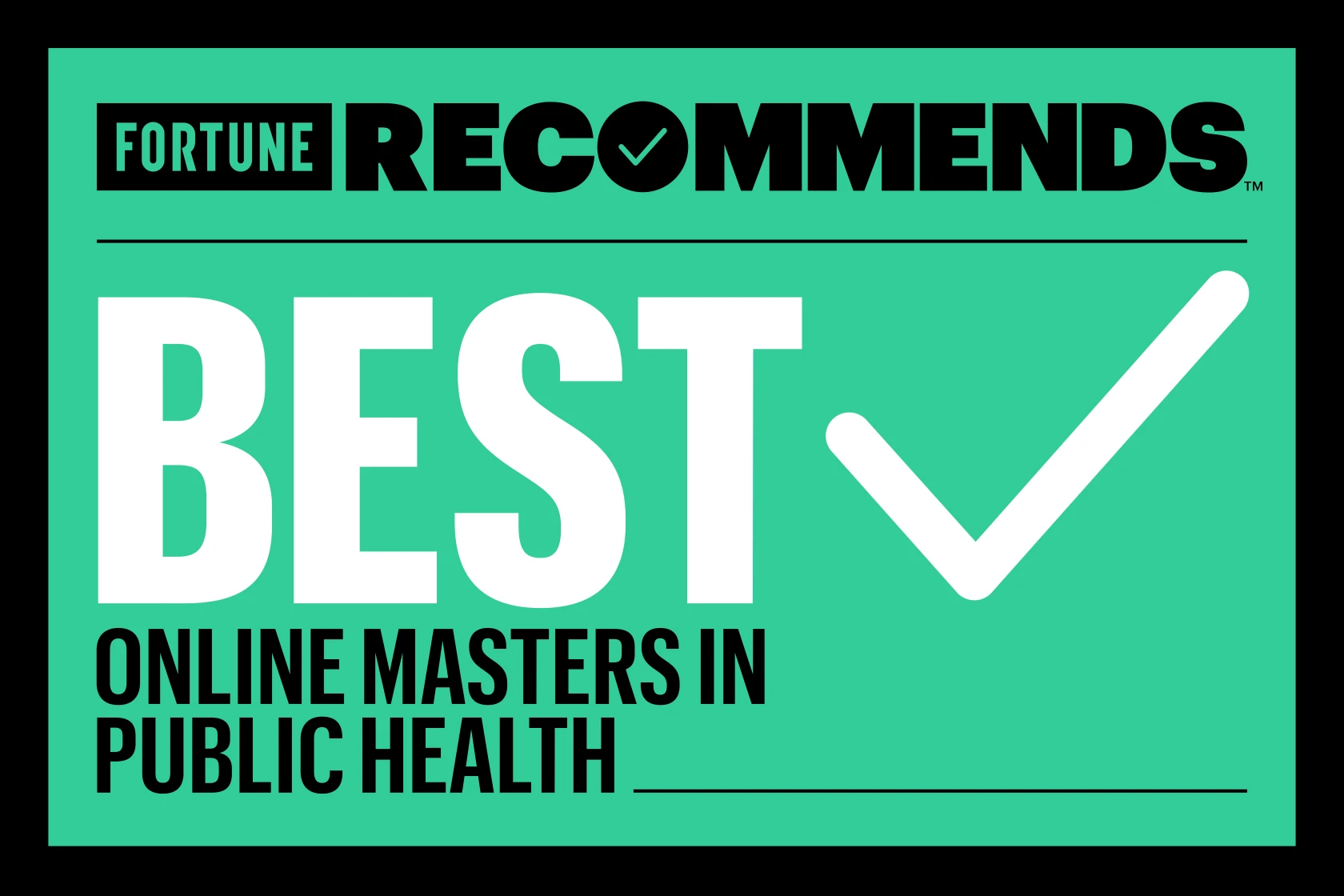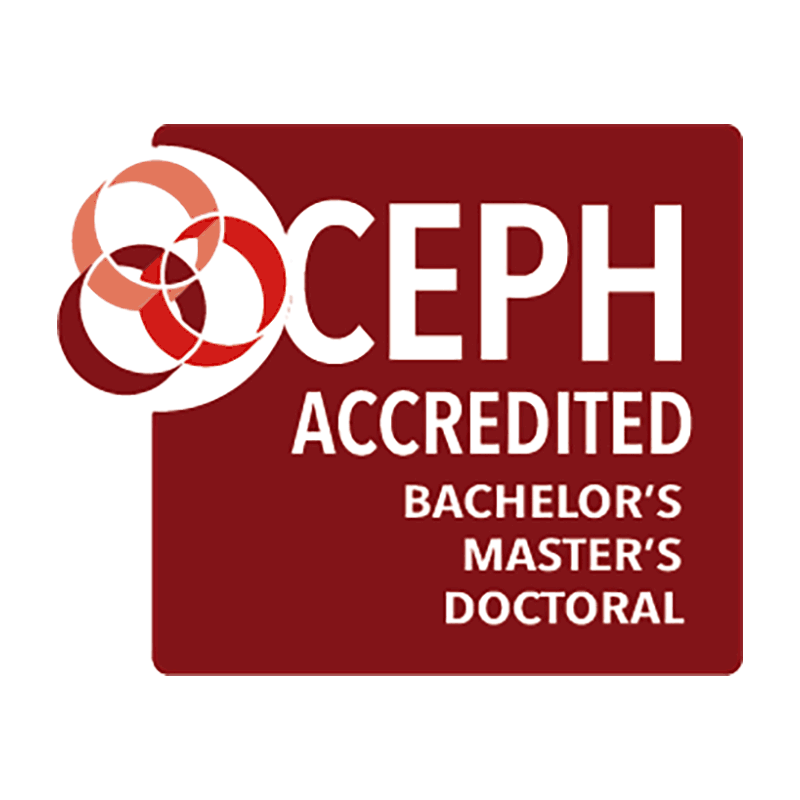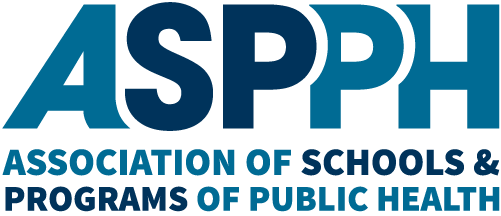Earn Your Master of Public Health in Epidemiology Online
Kent State University's STEM-designated Online MPH in Epidemiology program builds the advanced analytical and research skills that define epidemiological leadership. Through rigorous training from a nationally ranked institution, you'll master the data-driven expertise to address global health challenges, promote health equity, and lead in public, private and nonprofit sectors. You'll graduate prepared for high-impact roles in disease surveillance, outbreak investigation and population health research.
Program Snapshot
- 100% online course delivery
- Three annual start dates: fall, spring and summer
- Focused seven- and 15-week courses
- Curriculum includes applied practice experience
- No GRE required
- Complete your degree in as few as 24 months
Benefits of a STEM-Designated Program
STEM-designated public health programs offer key advantages:
- Extended OPT for international students: Up to 36 months of Optional Practical Training (OPT), giving additional time to gain U.S.-based work experience after graduation
- In-demand skills for domestic students: Training in data analysis, quantitative methods, and technical skills valued across public health fields
- Rigorous, analytical focus: The STEM designation highlights the program’s emphasis on evidence-based, data-driven approaches to public health challenges.
Recognized for Excellence
The Council on Education for Public Health (CEPH) and the Association of Schools and Programs of Public Health (ASPPH) accredit our online MPH programs, ensuring adherence to the highest educational standards. This accreditation, combined with our #10 national ranking and Quality Matters certification, reflects our commitment to excellence in online public health education.
Our Military Friendly Gold Designation recognizes Kent State University's outstanding service to the extended military community and all our students.

Build the Career You Want
Take your career to a higher level with Kent State’s affordable, flexible undergraduate and graduate public health programs. Our 100% online programs allow you to keep up with your current responsibilities while you study. Find out how these programs can help you create the career and positive public health impact you want to have.
Download our guide to learn more about:
- Career Opportunities
- Customizing Your Degree
- The Student Experience
- Admission Requirements
- Tuition and Financial Aid
Download Program Brochure
This will only take a moment.

Committed to Your Success
You’ll thrive at Kent State thanks to uniquely personalized instruction, tutoring and applied practice experience support. The close-knit learning environment, small class sizes, robust online student portal and dedicated faculty help you build the professional connections and competencies that define successful public health careers.
- Dedicated tutoring support for your biostatistics courses ensures your mastery of essential analytical skills
- Faculty mentors work closely with you to secure applied practice experiences aligned with your career goals
From Kent State MPH to Air Force Epidemiologist
Hear how Victoria uses her MPH expertise to support the well-being of Air Force service members.
Online MPH in Epidemiology Program Overview
Whether you’re a healthcare worker, public health professional, data analyst or recent college graduate, you’ll complete the STEM-designated Online MPH in Epidemiology program ready to make a difference in public health.
You’ll learn to:
- Investigate disease outbreaks and preparedness
- Determine causal relationships between environmental and biological factors
- Conduct studies to project health trends in populations
With these skills, you can excel in important roles across sectors, including as a:
- Disease prevention specialist in a hospital or other healthcare setting
- Surveillance manager in a state or local health department
- Data scientist with a government health agency
Already Working in the Field?
Our online Graduate Certificate in Clinical Research can serve as a direct pathway to the STEM-designated MPH in Epidemiology or the STEM-designated MS in Clinical Epidemiology, with certificate credits fully applicable toward your master's degree.
Exclusive Opportunity for Kent State University Undergraduates: The Combined Program
Launch your career sooner than you expected. In Kent State’s public health program, juniors and seniors with qualifying GPAs can apply up to 9 credit hours of coursework toward the public health bachelor’s and master’s degrees. By double-counting credits, you’ll start and complete your online MPH earlier than anticipated, save money on tuition and fees and be prepared to dive into your career ahead of your classmates and ahead of schedule. For more information, please contact an admissions outreach advisor at onlinedegrees@kent.edu or toll-free at +1 844-234-4073.
The Field is Growing—and Expertise Pays
16% Projected Job Growth for Epidemiologists, 2024-2034: Much Faster Than the National Average3

The growing demand for epidemiologists is driven by advancements in healthcare technology and the need to address emerging diseases.4 With an MPH in Epidemiology, you'll be equipped for specialized roles that recognize your skills with competitive compensation:
We Do More for You
Kent State’s public health programs are already competitively priced. In addition, you may be eligible for scholarship support.

Courses
The 46-credit-hour MPH degree is comprised of:
- 10 major requirements (30 credits)
- Four major electives (12 credits)
- Integrative learning experience and applied practice experience (4 credits)
Major Requirements (10 Courses, 30 Credits)
BST 52019 BIOSTATISTICS IN PUBLIC HEALTH (3 CREDITS)
BST 63014 APPLIED REGRESSION ANALYSIS OF PUBLIC HEALTH DATA (3 CREDITS)
EHS 52018 ENVIRONMENTAL HEALTH CONCEPTS IN PUBLIC HEALTH (3 CREDITS)
EPI 52017 FUNDAMENTALS OF PUBLIC HEALTH EPIDEMIOLOGY (3 CREDITS)
EPI 63014 EPIDEMIOLOGY OF CHRONIC DISEASES (3 CREDITS)
EPI 63015 EPIDEMIOLOGY OF INFECTIOUS DISEASES (3 CREDITS)
EPI 63016 PRINCIPLES OF EPIDEMIOLOGIC RESEARCH (3 CREDITS)
HPM 52016 PUBLIC HEALTH ADMINISTRATION (3 CREDITS)
HPM 53010 COMMUNITY HEALTH NEEDS ASSESSMENT (3 CREDITS)
SBS 54634 SOCIAL DETERMINANTS OF HEALTH BEHAVIORS (3 CREDITS)
Major Electives
Choose one course from Elective Group A and 3 courses from Elective Group B.
Elective Group A (1 Course, 3 Credits)
- BST 60010 USING R IN PUBLIC HEALTH
- BST 60011 USING SAS IN PUBLIC HEALTH
- BST 60012 USING EXCEL IN PUBLIC HEALTH
- BST 62020 DATA MANAGEMENT AND LOGIC USING SAS® SOFTWARE
- BST 63012 SURVIVAL ANALYSIS IN PUBLIC HEALTH
- BST 63013 EXPERIMENTAL DESIGNS IN PUBLIC HEALTH RESEARCH
- EHS 52100 CLIMATE CHANGE AND POPULATION HEALTH
- EHS 53014 BUILT ENVIRONMENT AND PUBLIC HEALTH
- EPI 50017 PHARMACOEPIDEMIOLOGY
- EPI 50018 REGULATORY AFFAIRS IN CLINICAL RESEARCH
- EPI 52010 UNDERSTANDING THE COVID-19 PANDEMIC
- EPI 63019 EXPERIMENTAL DESIGNS FOR CLINICAL RESEARCH
- EPI 63020 ADVANCED EPIDEMIOLOGY AND CLINICAL RESEARCH METHODS
- EPI 63021 ETHICAL ISSUES IN PUBLIC HEALTH AND CLINICAL RESEARCH
- EPI 63034 LONGITUDINAL DATA ANALYSIS
- GEOG 59070 GEOGRAPHIC INFORMATION SCIENCE
- GEOG 59071 FUNDAMENTALS OF GEOGRAPHIC INFORMATION SCIENCE I
- GEOG 59072 GEOGRAPHIC INFORMATION SCIENCE AND HEALTH
- Any graduate course (50000 or 60000 level) with advisor approval
Elective Group B (3 Courses, 9 Credits)
- BST 60010 USING R IN PUBLIC HEALTH
- BST 60011 USING SAS IN PUBLIC HEALTH
- BST 60012 USING EXCEL IN PUBLIC HEALTH
- BST 62020 DATA MANAGEMENT AND LOGIC USING SAS® SOFTWARE
- BST 63012 SURVIVAL ANALYSIS IN PUBLIC HEALTH
- BST 63013 EXPERIMENTAL DESIGNS IN PUBLIC HEALTH RESEARCH
- EPI 63019 EXPERIMENTAL DESIGNS FOR CLINICAL RESEARCH
- EPI 63020 ADVANCED EPIDEMIOLOGY AND CLINICAL RESEARCH METHODS
- EPI 63021 ETHICAL ISSUES IN PUBLIC HEALTH AND CLINICAL RESEARCH
- EPI 63034 LONGITUDINAL DATA ANALYSIS
- Any 60000-level graduate course with advisor approval
Culminating Requirement
PH 61199 INTEGRATIVE LEARNING EXPERIENCE (1 CREDIT)
EPI 60192 APPLIED PRACTICE EXPERIENCE (3 CREDITS)

Intent on a Career in Research?
The online MS in Clinical Epidemiology program teaches biostatistics, research methods and ethics, and clinical research design and management, preparing you for key roles in clinical trials and research management.
Questions and Answers
Have questions? We have answers.
Choosing the right online program comes with lots of questions, and our admissions outreach advisors, Taylor and Lilly, are here to help you sort through them all. Connect with this friendly, knowledgeable team for personalized guidance. They’ll make sure you have everything you need to feel confident about your next steps at Kent State.

Admissions and Application Deadlines

- From Fortune. ©2024 Fortune Media IP Limited. All rights reserved. Used under license. Fortune and Fortune Media IP Limited are not affiliated with, and do not endorse the products or services of, Kent State University.
- Retrieved on August 28, 2025, from cwur.org/2025.phpcwur.org/2024.php
- Retrieved on August 28, 2025, from bls.gov/ooh/life-physical-and-social-science/epidemiologists.htm
- Retrieved on August 28, 2025, from bls.gov/ooh/life-physical-and-social-science/epidemiologists.htm#tab-6
- Retrieved on August 28, 2025, from ziprecruiter.com/Salaries/Research-Epidemiologist-Salary
- Retrieved on August 28, 2025, from ziprecruiter.com/Salaries/Environmental-Epidemiologist-Salary
- Retrieved on August 28, 2025, from glassdoor.com/Salaries/infection-control-epidemiologist-salary-SRCH_KO0,32.htm






